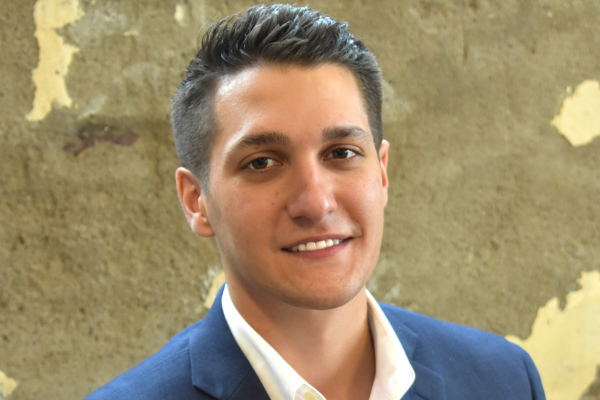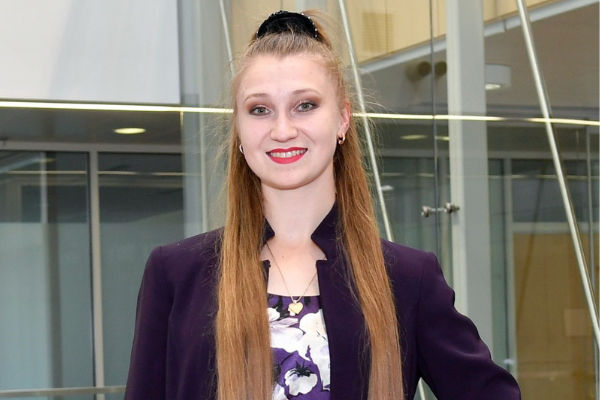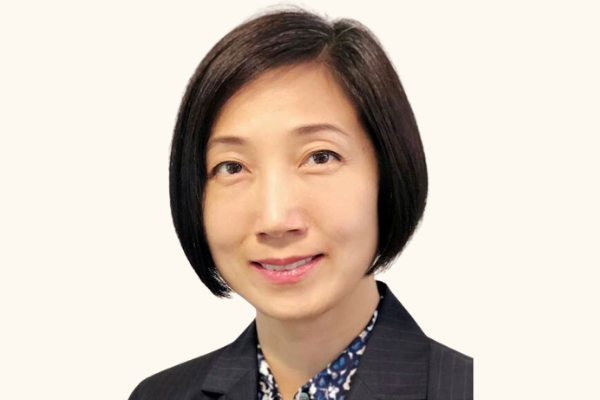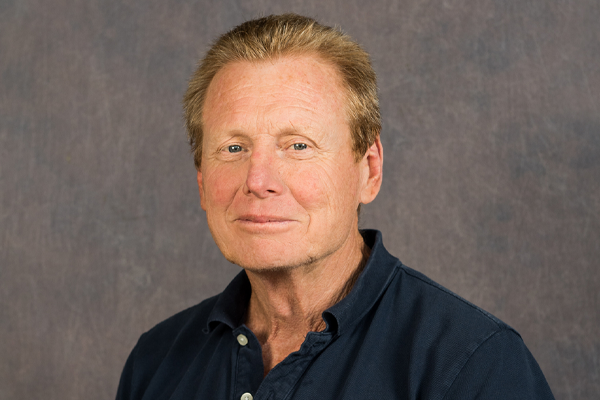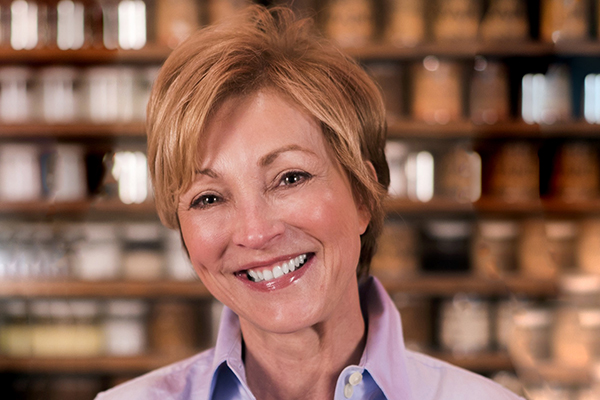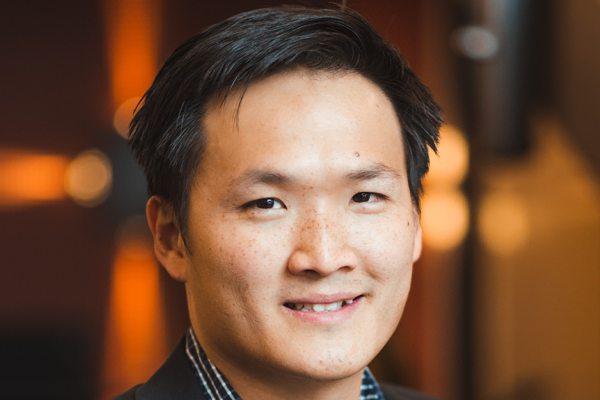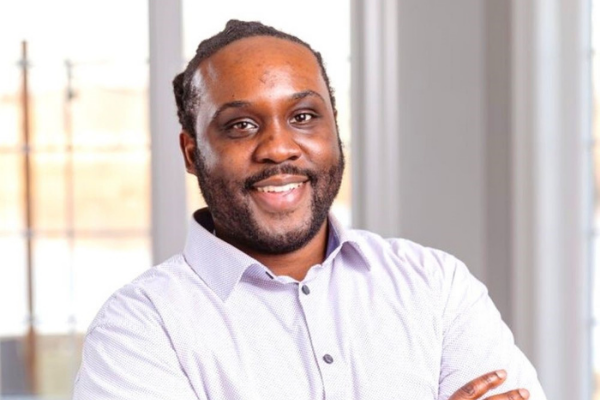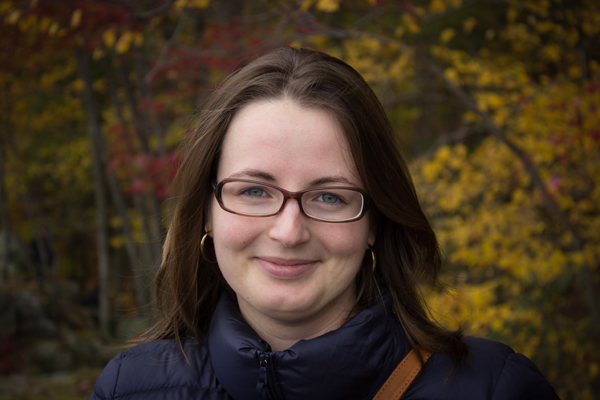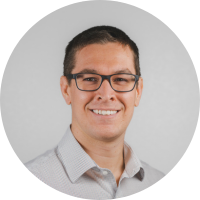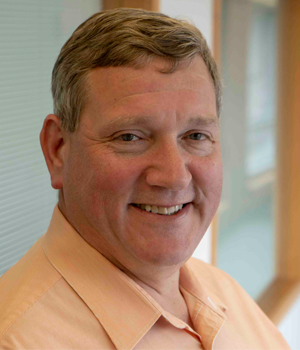
Tim currently serves as Vice President of Science & Technology where he provides mentoring and technical support to entrepreneurs as well as leading the Research Institute as its first Director. Timothy is a classically trained chemist with 30 years of experience in an array of academic and industrial research positions coupled with strategic product and business development. Prior to joining Delaware Innovation Space, Tim was the North American Research Leader for DuPont Science & Engineering Global Operations. Prior to that role, Tim managed the Inorganic and Nanotechnology groups within Central Research & Development, and he has led photo voltaic and energy storage materials development projects and oversaw new product innovation methodology. Prior to joining DuPont, Timothy was President and CEO of several start-up companies.
How did you get your start in innovation and entrepreneurship?
I have always been a problem solver and after graduate school, the first phase of my career was in academia. I became very interested in exploring new ways of teaching and doing research with a keen focus on computational approaches.
My main interest was to migrate away from the classical iterative “Edisonian-based” discovery models with an eye to modernize the collective approach to education and some types of discovery research. It was not just about discovering or teaching what was new, it was finding better ways to discover and communicate.
Before you worked at the Delaware Innovation Space, you worked at DuPont and even before that, you had been President and CEO of several start-up companies. How did your experience at a large company and several smaller startups prepare you for your role at a “startup helping startups?”
There are different value learnings associated with each. Within DuPont, working with world class researchers and business leaders allowed access to the complete commercialization process from ideation through commercialization. I explored every facet of the “cradle to grave” concept and the only boundaries were imposed from within myself. Having spent a large portion of my career at the DuPont Experimental Station has also provided a unique understanding for supporting fundamental research and driving an unprecedented entrepreneurial spirit that fostered so many great discoveries. We continue to leverage this vibrancy today through dynamic interactions with DuPont and other partners in the local innovation ecosystem.
Working within the startup community afforded a more intimate and personal experience - there is no team to help in the decision process and I quickly learned the concept of ownership and accountability. Lessons learned about sales, product delivery, accounting, and fund raising cannot be duplicated in large settings. Leading a team that had all the oars pulling in the same direction and the focused teamwork were special and taught me a great deal about developing high performing teams.
How did you end up at the Delaware Innovation Space?
I have always enjoyed being involved over the years being a part of and collaborating with academia, government labs, and startups. This love made my connections to the Delaware Innovation Space a natural attraction as the concept was being conceptualized. It was the leadership of DuPont, which I helped to support, partnering with University of Delaware and the State of Delaware that enabled the Delaware Innovation Space to materialize and me being the second employee to join the organization. Today, while the majority of my time is dedicated to the mission and operations of the Innovation Space, I still have the privilege of being involved in special projects for DuPont.
In your current role, you’re providing mentoring and technical support to startups and entrepreneurs—from what you’ve seen, what are some of the areas where the Innovation Space’s entrepreneurs need the most support?
This is a complex question and a comprehensive answer (if one exists) would require more space than provided here. Below are a few common trends:
a. Don’t fall in love with technology – understand the difference between academic research and creating a product
b. Resource modeling – How to build great teams and timing
c. Build a mentoring network – the old saying – it’s not what you know…
Technology experts are typically well-versed in a band of technology vectors but often underestimate the complexity of developing a sustainable business strategy from their technology, especially one that is not completely assumption based. Having the right team at the onset and developing them through the early stages is critical to success. Lastly, developing the right feedback and support structures are essential to proceed forward. Engage communities of practice and identify individuals that can help smooth out the potholes in the journey.
If you could help someone create a startup to fulfill any need, what would it be? What problem would you solve?
There are numerous scientific and technical grand challenges that need to be addressed near-term. My passion lies in the technologies creating societal impact and, in many cases, fundamentally improve the state of our planet.
Great opportunities exist in clean energy and water and how to scale new solutions. I think you need to understand the magnitude of the problem before thinking about technology development. Being able to remove a ton (or 100 tons) of CO2 is great but with an annual emission of 33 gigatons, is it meaningful at the level society needs?
How have the entrepreneurs and startups who use the Delaware Innovation Space been impacted during the COVID-19 quarantine?
We have worked closely with our community to provide support and business continuity services. There have been some challenges, but in general most of our community have emerged (to date) with no major COVID scars. Our focus - to save both lives and livelihoods - created an environment that enabled our client’s most critical work to safely continue. Lab activities and work from home are contradictory concepts so we closely partner with our clients to quickly develop safe back to work strategies to both address near-term goals and minimize overall business impact.
What is your favorite part of chemical entrepreneurship—the science or the market development?
The collision of the two is really intriguing. I picked the term collision specifically because it’s like a physics problem. Each effort has energy. What happens when they collide? Hopefully, it is not purely elastic and some of the energy results in strategic transformation yielding modified and somewhat coupled versions.
In any business focused endeavor, technical developments without a strong understanding of the go to market strategy and product market fit are a waste of resources. Utilizing my favorite question, “so what?” helps understand the technical merit of a discovery using the lens of market attractiveness – that is where the real excitement begins.
Any advice for aspiring entrepreneurs?
To be honest, aspiring entrepreneurs have a very challenging road to travel. Finding a mentor who will help guide the journey and provide honest feedback can be very helpful. Time is an entrepreneur’s enemy and navigating through the complexity of new product/market development is not something that most can do unaided. Having a mentor to help you think out of your box and comfort zone is critical but be prepared for some tough conversations!
What do you do in your free time, if you have any?
My priorities revolve around my wife and 3 grown children. In addition to family activities, emerging technology and application development (especially out of the national labs) is a keen interest. I enjoy reading biographies and volunteer extensively at our church. I advise in the nonprofit and academic worlds and spend time mentoring, and oh yes, then there are my Koi.
This article has been edited for length and clarity. The opinions expressed in this article are the author's own and do not necessarily reflect the view of their employer or the American Chemical Society.
Copyright 2020 American Chemical Society (All Rights Reserved)

